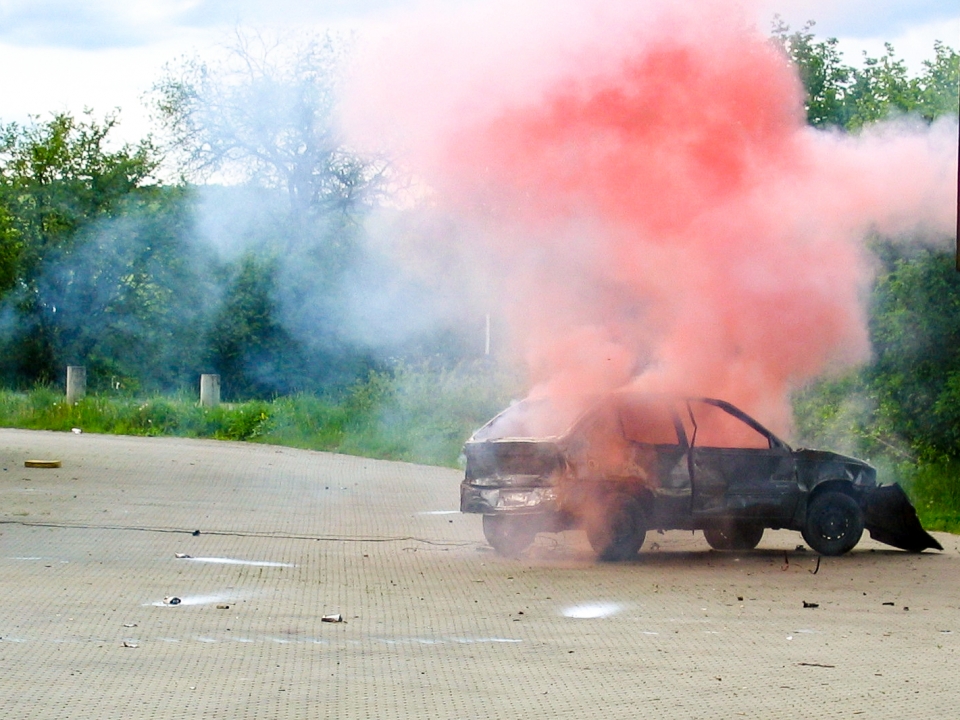In a Disaster - What Works to Mitigate Psychological Distress?

Over the last 20 years significant advances have been made in the area of protecting people from major psychological distress during and following major disasters. It wasn’t all that long ago that psychological distress was regarded as a mixture of weakness, inevitability and incomprehension.
Intensive, reliable and verified studies have been carried out in many different contexts over the past couple of decades and we can now offer a wide variety of activities aimed at mitigating psychological impacts, managing ongoing pressure and helping people recover following emergencies.
One of the best summaries I have found in this area is a document prepared by TENTS (The European Network for Traumatic Stress) titled “Interventions in the Aftermath of Disaster”.(AMCUA, 2009)
TENTS describes itself as having the “objective to develop European wide networks of expertise on psychosocial care and post traumatic stress treatment for those affected by disaster. TENTS also aims to increase post disaster mental health service capacity by helping to develop them into more evidence based and effective services.”
In order to advance this objective TENTS published the booklet above as a set of guidelines and range of possible interventions. The interventions described are:
- community based interventions,
- trauma focused psychological treatments and
- pharmacological treatment for adults with PTSD, and
- interventions for traumatized children and adolescents.
What I appreciate most about this booklet is the breadth and scope of the information it contains. Everything is covered in sufficient depth to identify a beginning point for anyone working in disaster aftermaths and wanting to find out more. The scholarship and rigour is exemplary and the enclosed references and bibliography make this a resource more than merely a booklet.
The booklet was developed at the Division of Psychiatry of the Academic Medical Center (AMC), Amsterdam, The Netherlands by A.B. Witteveen (PhD) and M. Ol (PhD) with contributions from the partners of The European Network for Traumatic Stress, in particular F. Orengo – Garcia (MD), K. Bergh-Johannesson (MA), C. Freeman (MD, PhD) and J. Bisson (DM, FRCPsych).
The full resource can be found at http://www.tentsproject.eu
Copyright is Academic Medical Center University of Amsterdam (February 2009)
Read next
A Brief Collapse of Time
We are in lockdown. What day is it? One of the most common comments on social media is the old joke about yesterday, today, tomorrow, everyday.
Read more50 Dead - Resilience Reflection #3 - Social Cohesion
We know that relationships are both protective and growth-promoting. The concept of social support has been discussed in the literature for many years, and we are beginning to understand just...
Read more

